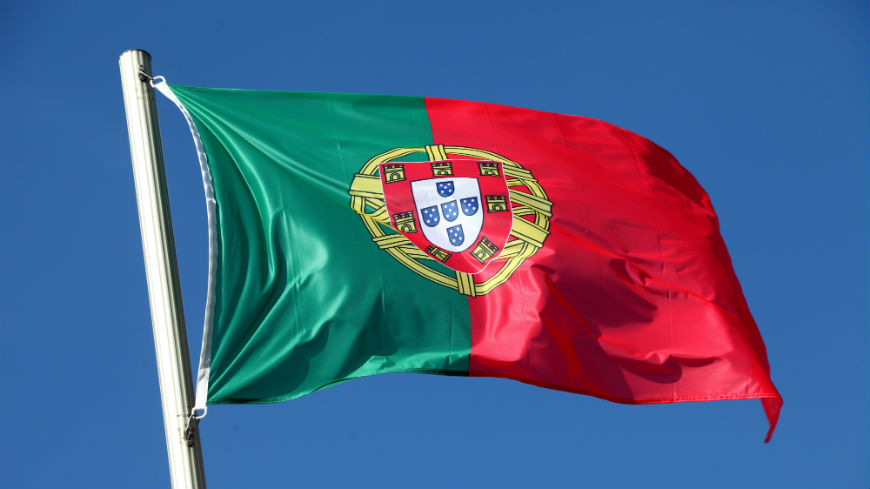The Congress of Local and Regional Authorities of the Council of Europe issued, on 28 September 2020, a set of recommendations aimed at improving local and regional democracy in Portugal, notably giving local authorities more autonomy with respect to local taxes and setting up special aid programmes to enable municipalities in financial difficulties to rebalance their budget.
In a Recommendation adopted during an online meeting of its Statutory Forum the Congress also advocates that Portugal introduces a procedure for systematic consultation of local and regional authorities on any question directly concerning them and grants the associations representing local authorities´ interests the right to appeal directly to the Constitutional Court.
The Congress praises the progress made by Portugal in the field of local and regional governance. It welcomes that the Portuguese Constitution gives prominence to local and regional self-government and that the reforms carried out at the local level since 2013 have brought improvements in the economic, social and administrative spheres.
However, it also expresses concern that local authorities and their representative associations are not systematically consulted on the basis of a clear, generally binding and functioning procedure, that some municipalities are not benefiting from adequate funding support from the State and that local and regional authorities lack sufficient autonomy with regard to taxation.
The recommendation was adopted based on the findings of report on the implementation of the European Charter of Local Self-Government by Portugal prepared by rapporteurs Xavier Cadoret (France, SOC/G/PD) and David Eray (Switzerland, ILDG), assisted by one member of the Group of Independent Experts on the Charter, Nicolas Kada, professor of public law at Grenoble Alpes University in France.
After the adoption of the recommendation, an exchange of views took place with Jorge Botelho, Secretary of State for Decentralisation and Local Authorities of Portugal. “The decentralisation reform which is being carried out in Portugal will allow municipalities to play a bigger part in the management of the national budget,” explained Mr. Botelho. “The Covid pandemic has shown the importance of strong local governments; our goal is for local authorities to aquire more autonomy not only because it will be mandatory by law, but also because they will have the means to do it,” he concluded.
The Statutory Forum acts on behalf of the Congress between sessions and is convened upon decision by the Bureau of the Congress. The Statutory Forum comprises the Presidents of all national delegations and the members of the Bureau. The outgoing president, the chairs of committees and the presidents of political groups participate without voting rights.
Portugal joined the Council of Europe on 22 September 1976. It signed the European Charter of Local Self-Government on 15 October 1985 and ratified it on 18 December 1990 without reservation. The Charter entered into force in Portugal on 1 April 1991. Portugal signed the Additional Protocol to the European Charter of Local Self-Government on the right to participate in the affairs of a local authority on 26 May 2015 but has not yet ratified it.




